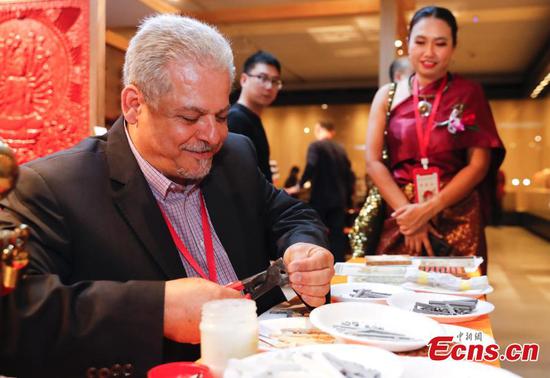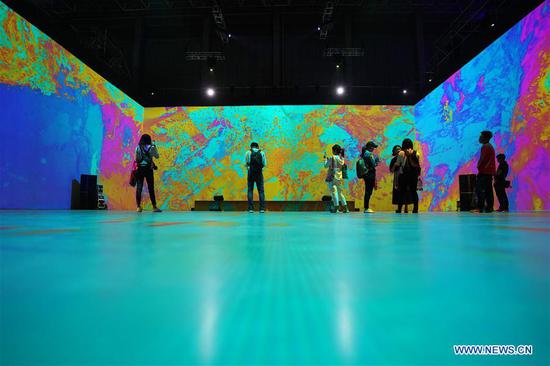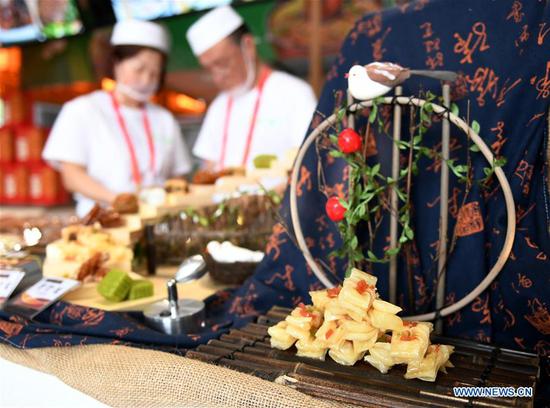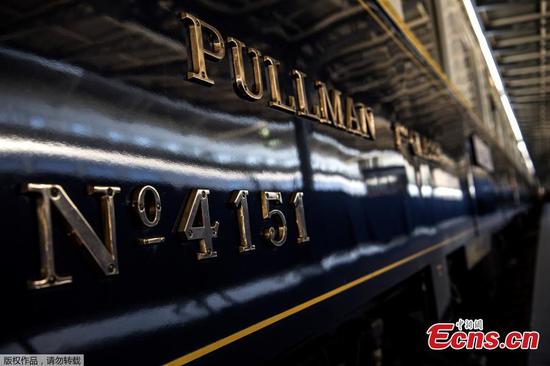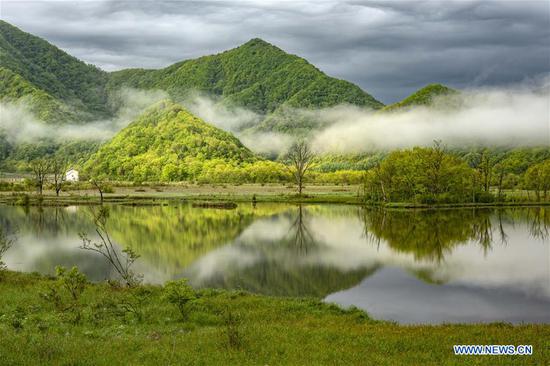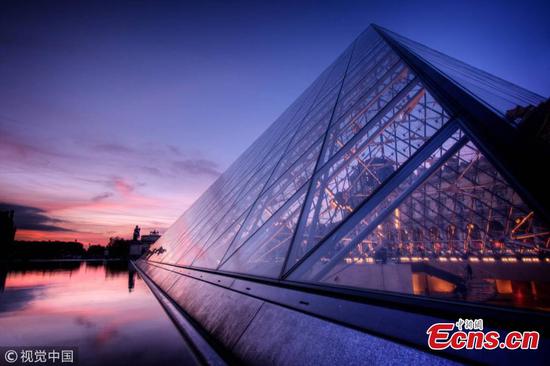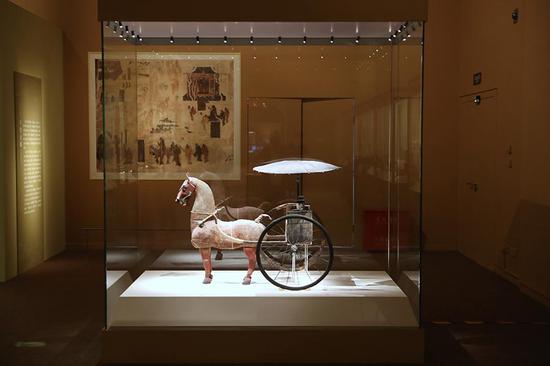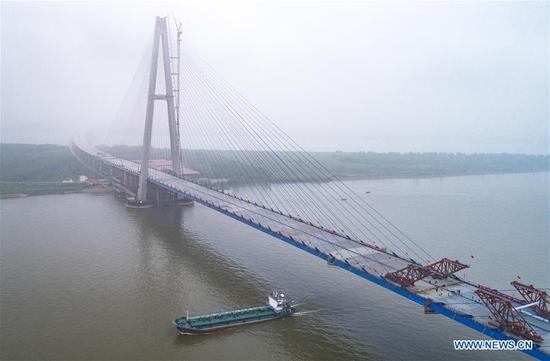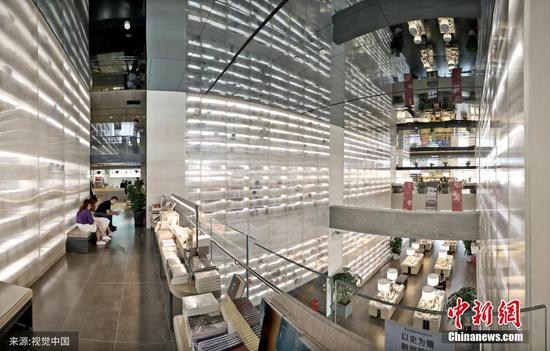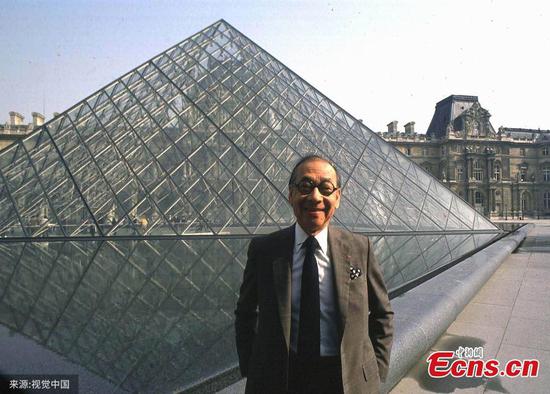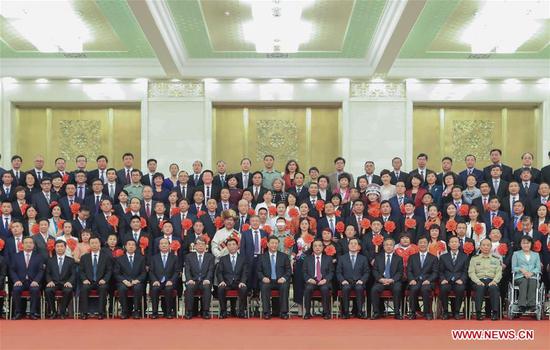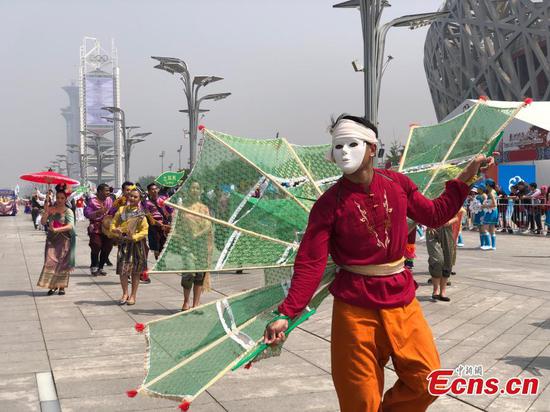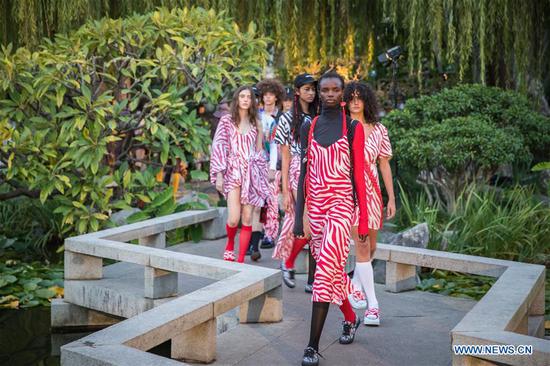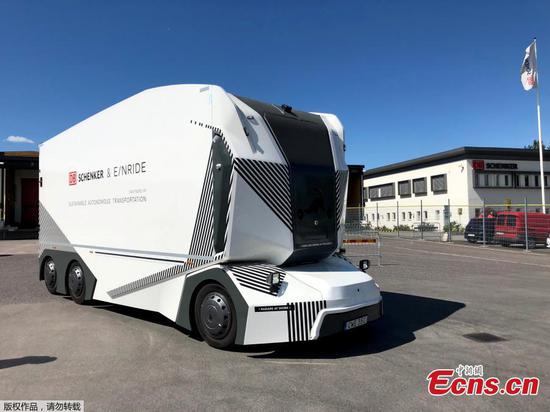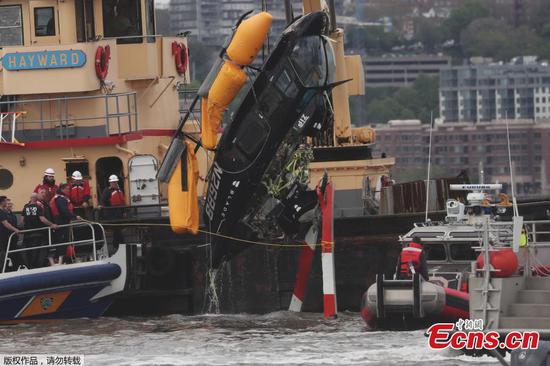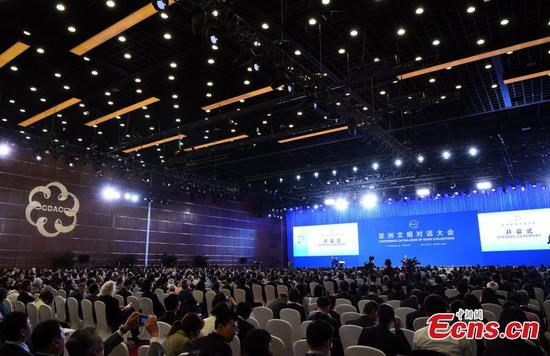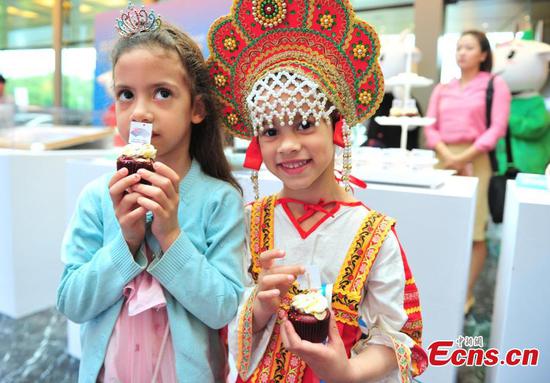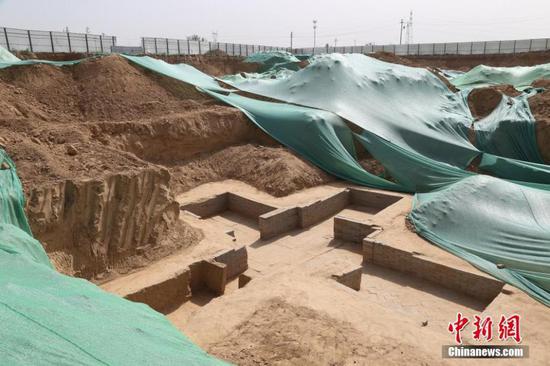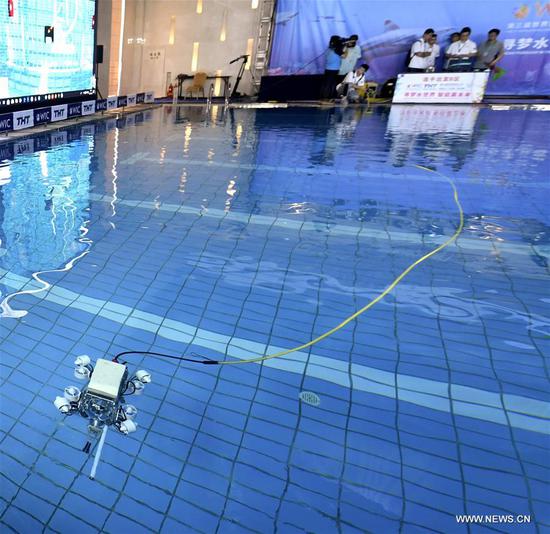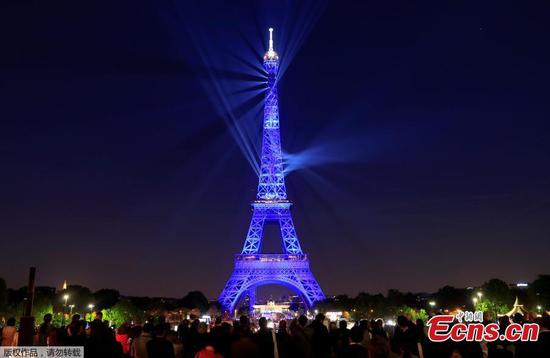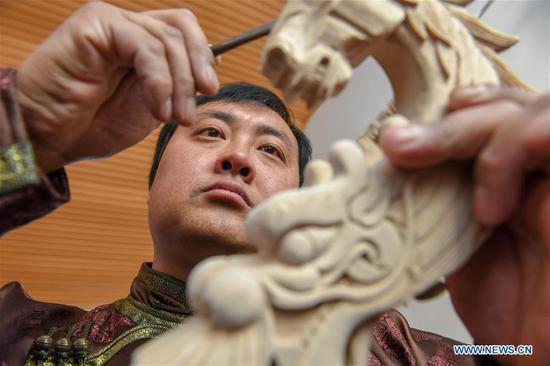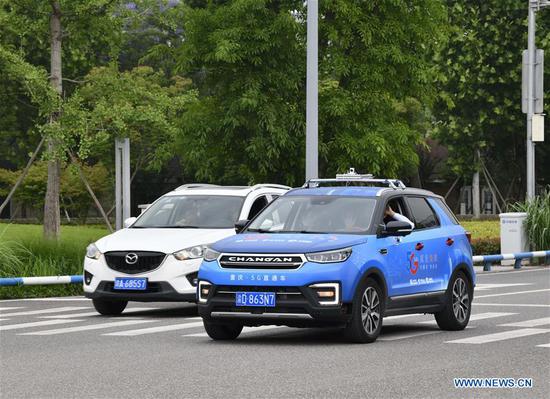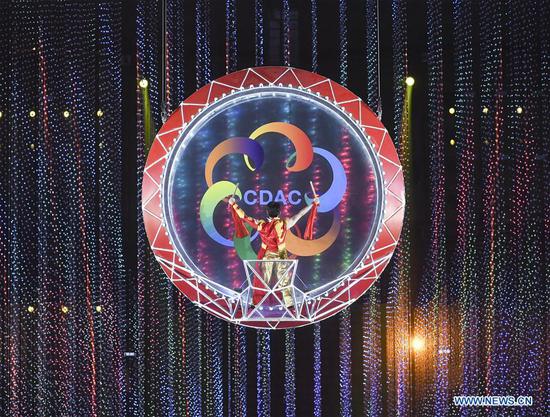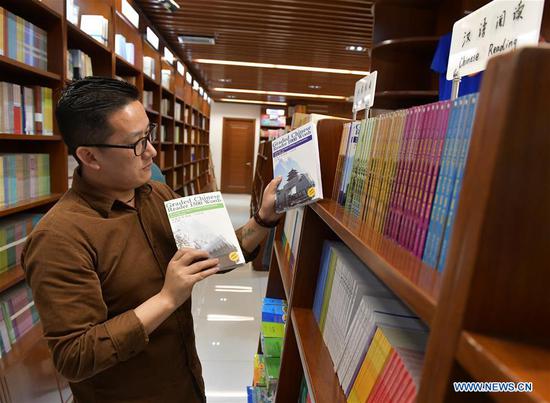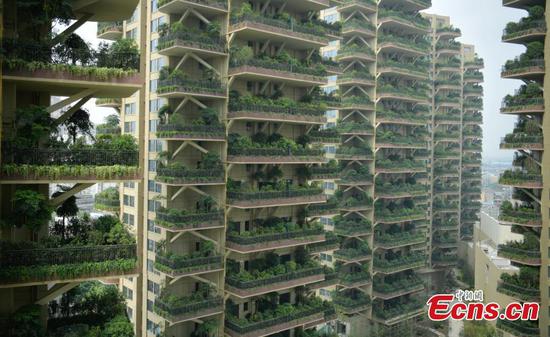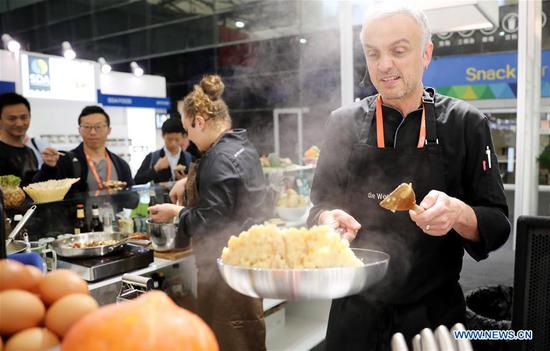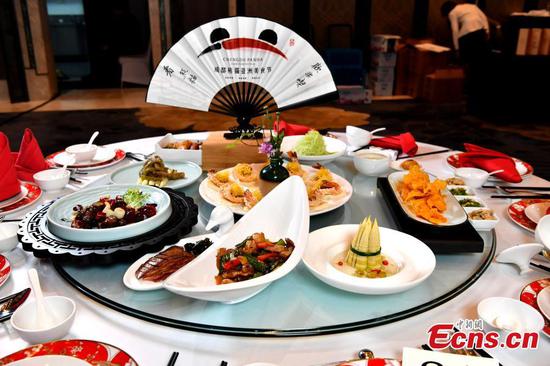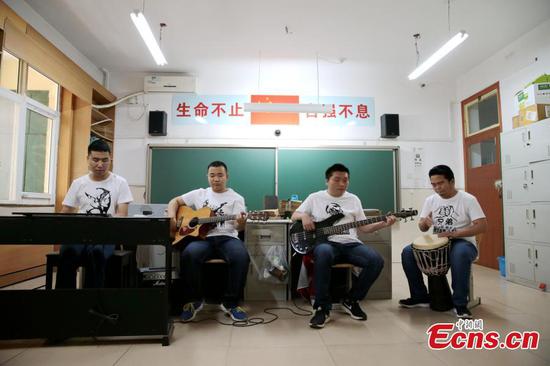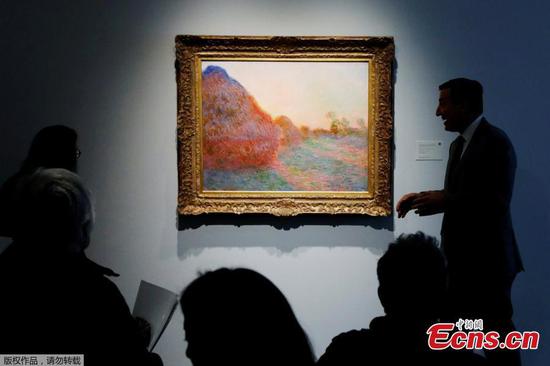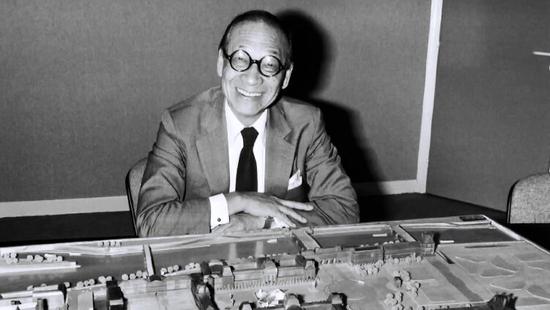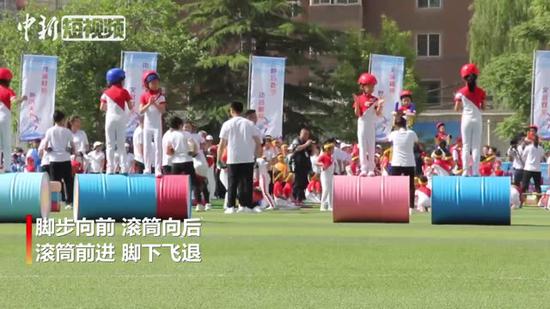
The 7th session of Vision China, themed Intelligence New Era: Progress, Planning and Opportunity, kicks off in Tianjin Media Theatre, May 17, 2019. (Photo/chinadaily.com.cn)
The latest edition of talks organized under the Vision China umbrella has been held in Tianjin under the theme "Intelligence New Era: Progress Planning and Opportunity", looking at the great potential and challenges of intelligent technology.
The event on Friday, held in the Tianjin Media Theater, was co-hosted by China Daily and the Information Office of Tianjin Municipal People's Government and coincided with the 3rd World Intelligence Congress, being held in the city from Thursday to Sunday.
The Vision China talks, bringing together scholars, entrepreneurs and international organization leaders, explored the growth of science and technology from a global perspective and looked at ways of promoting global prosperity.
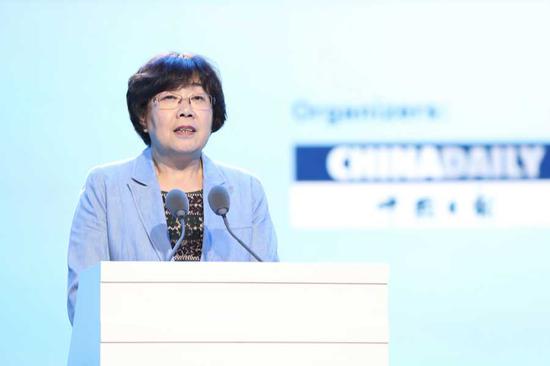
Cao Xiaohong, vice-mayor of Tianjin, said in opening remarks that the city has sped up high-quality development in recent years, looking at the intelligent technology industry as a way of establishing an intelligent innovation system and to create an intelligent industry cluster.
"Tianjin is closely connecting with the intelligent technology industry through the World Intelligence Congress and will continue to work hand in hand with all parties to promote the further development of intelligent technology industry," she said.
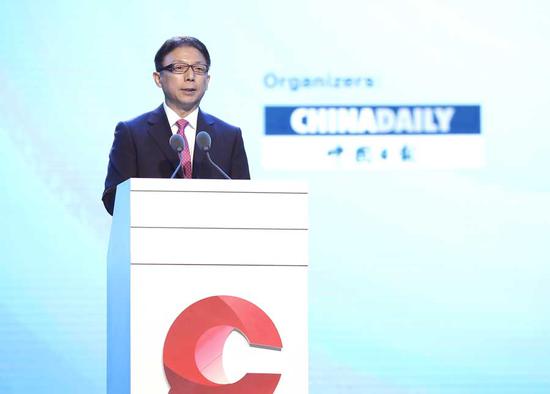
Zhou Shuchun, publisher and editor-in-chief of China Daily, said the latest Vision China event aimed to explore and discuss the frontiers of smart technologies and industry trends.
"I have confidence that this event will serve to build consensus for sound development of artificial intelligence to enhance people's lives across the world and to promote the building of a global community with a shared future," he said.
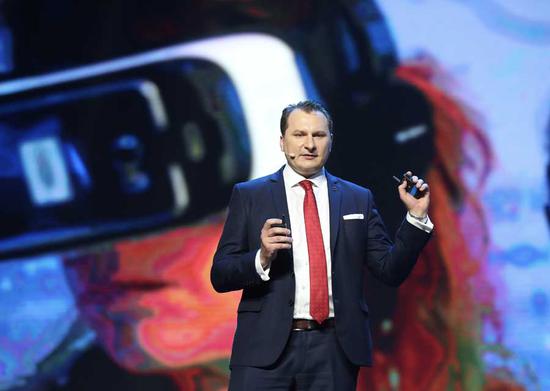
Danil Kerimi, regional deputy head of the Centre for the Fourth Industrial Revolution Network affiliated to World Economic Forum, delivered a speech on leadership in the intelligence era and said a more inclusive leadership and collaboration system are needed to tackle the challenges brought by the fourth industrial revolution.
In the new era of revolution, Kerimi said there would be fundamental changes in the global economy along with environmental challenges, regional competition, economic disparities and technological disruption.
Thus, he suggested world leaders should work together to "make sustained, positive and systemic change and develop the collaborative platforms" though formal dialogue and cooperation.
"We believe any problem of a magnitude capable of impacting our world, or a whole region or industry, needs to be addressed in a systemic way, and all efforts need to be integrated and aggregated for scale and impact," he noted.










